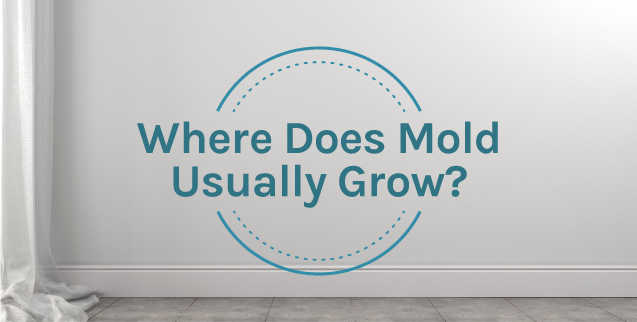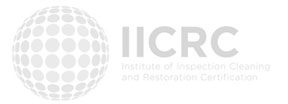
Whether you are tearing down a wall or trying to clear out some clutter in your attic, the last thing you want to find when cleaning or renovating is mold. Mold growth in homes is common enough but is something you want to try and prevent if you can. So where in your home is mold likely to grow? Three factors set up the ideal environment for mold: temperature, moisture, and available material.

Temperature
The temperature level that humans consider comfortable is also the temperature level that supports mold. Many molds thrive in temperatures ranging from 60 to 80 degrees. Just like humans, this temperature range is their ideal temperature in which to live. Your home sets up a perfect temperature for the growth of mold because it is also your ideal comfort temperature. It is likely that your whole home sits within this temperature range and thus meets the first factor to support mold growth.

Food source
Mold also needs a food source to grow. Unfortunately, many common household items and material can be used by mold as a food source, including paper, wood, and fabrics. Basically, mold can use any organic matter as a food source; even dust can act as a food source for mold if it contains skin cells that have fallen off of you or a family pet. Chances are your entire home has organic material somewhere in it and thus the potential to support mold growth.

Moisture
The last and biggest factor that allows mold to grow is moisture. If mold is growing in your home it means there is an excess of moisture somewhere in your house. The excess water can come from leaks, plumbing problems, or even condensation caused from dramatic temperature differences from inside and outside the home. Controlling how much moisture is in your home will determine whether or not mold can grow.
Mold can grow in your home with relative ease if each of the above factors is met. If you do find mold in your home it is best to call a mold specialist to remove it because they will do so without spreading the spores. Also, be sure to find and address the cause of the mold so it does not become a problem again in the future.



